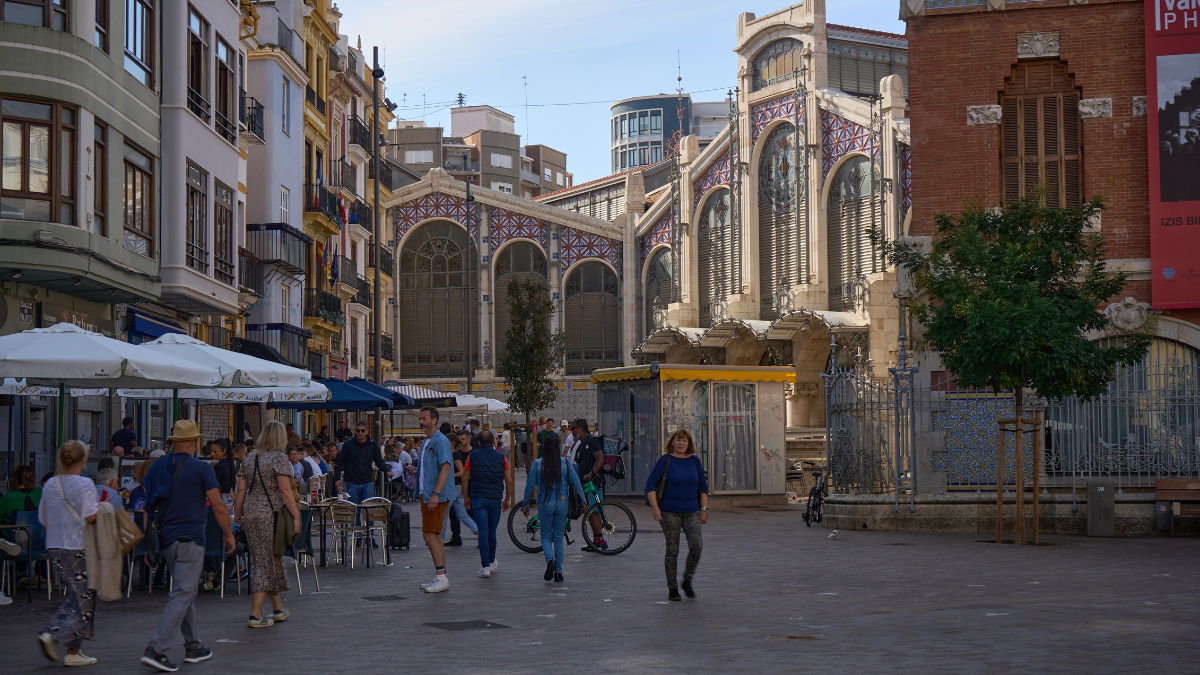Authorities in Spain have arrested two suspects believed to be behind a series of “love hug” robberies across parts of the Valencia region and the Costa Blanca, an area heavily frequented by British expats and holidaymakers. The method, which has become increasingly common in tourist zones and residential areas with large foreign communities, involves approaching elderly people in the street under the guise of affection before quickly stealing their valuables.
Police say the suspects, a woman aged 26 and a man aged 30, allegedly travelled from their home in Santa Coloma de Gramanet near Barcelona to various towns in the Valencia and Alicante provinces to commit the offences. Their frequent movement reportedly made it difficult for officers to connect the cases at first, but the pair have now been detained. During a search of their home, police recovered jewellery, cash and other items believed to have been taken during the robberies.
Rise in ‘Love Hug’ robberies across Costa Blanca and Valencia
The “love hug” technique relies on distraction and surprise. According to police reports, victims – usually older residents – are approached by a woman acting as though she knows them. She then moves in for a hug or a kiss on the cheek, using the close contact to remove necklaces, watches or bags before fleeing. In some cases, victims who attempted to resist were met with violence. Investigators say this type of street theft has been rising in the Valencia region, with similar complaints being filed across multiple towns popular with expats.
The Policía Nacional confirmed that at least ten thefts were registered in the Alicante province and three in the Valencia area between February and June. Officers believe the real number may be higher, as several items recovered during the search were not linked to existing crime reports. Local media outlets have also noted a growing number of similar incidents, with police warning that criminals often take advantage of the trust and vulnerability of older people, particularly in areas where expats may feel safe and familiar with their surroundings.
The Costa Blanca and Valencia region remain some of the most visited parts of Spain, attracting millions of tourists every year. Around 18 million British nationals visit Spain annually, and more than a million British travellers arrived in the Valencia region in the first half of 2024 alone. With such a significant number of British residents and visitors in the area, Spanish authorities continue to emphasise awareness around opportunistic crimes that target those perceived as distracted or less mobile.
Expats and tourists who fall victim to any form of theft are advised to call 112, Spain’s national emergency number, as soon as possible. After contacting emergency services, victims should visit the nearest police station to file a report. This can be done at Policia Nacional stations, Guardia Civil posts or regional police facilities such as Mossos d’Esquadra in Catalonia, Ertzaintza in the Basque Country and Policía Foral in Navarre. Many major Spanish cities also offer a Foreign Tourist Assistance Service, known as SATE, where visitors and foreign residents can receive support in English while making a report. Minor offences, such as stolen bags or items taken from a parked car, can be reported online, although violent crimes or sexual assaults must be reported in person.
For expats living in Spain’s coastal regions, police advise remaining cautious of strangers who initiate physical contact and being mindful of wearing visible jewellery while walking alone. While the arrests mark a significant step in tackling the issue, authorities continue to investigate other possible cases linked to the same criminal pattern across the Valencia region.
